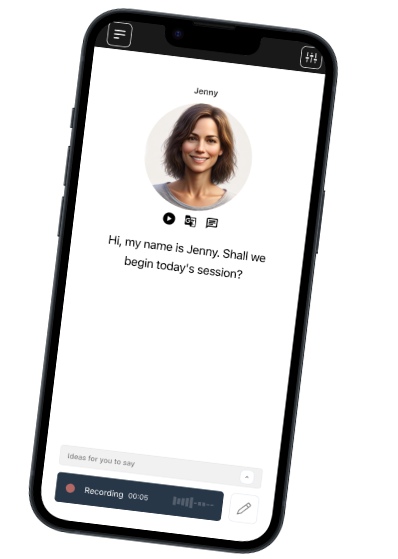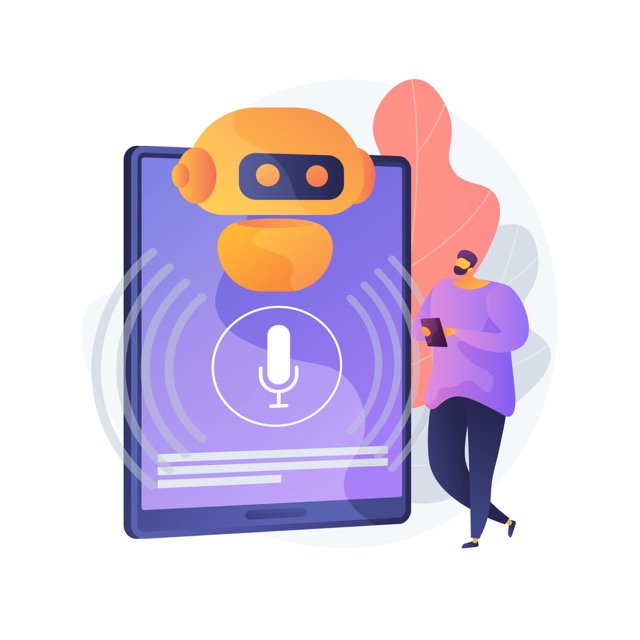Founded in Denmark. We respect your privacy.
Join a worldwide community of language learners
Mastering English with Minimal Effort: Language Hacks for Busy Learners
Last updated on
Learning English doesn’t have to be time-consuming or stressful. With a few smart strategies, you can improve your skills without dedicating hours to study. Whether you’re balancing a full schedule or just want to make the most of your downtime, these language hacks will help you make consistent progress. Here’s how you can master English with minimal effort and fit language learning into your daily life.
1. Use Microlearning Techniques
Microlearning involves learning in short, focused bursts rather than long study sessions. It’s perfect for busy people because it lets you focus on one concept at a time, like a new word or phrase, without overwhelming yourself.
How to Get Started:
- Use language learning apps that offer bite-sized lessons, such as Duolingo or Memrise.
- Dedicate 5–10 minutes a day to practice one grammar rule, phrase, or vocabulary word.
- Set reminders on your phone to fit in these quick sessions during breaks.
2. Learn While You Commute
If you have a daily commute, make that time productive by listening to English podcasts, audiobooks, or language courses. Passive listening helps you improve your comprehension and introduces you to natural English phrases and expressions.
How to Get Started:
- Download English podcasts or audiobooks on topics you enjoy to stay engaged.
- Try podcasts like ESL Pod or EnglishClass101 for structured learning.
- Focus on understanding general ideas instead of every word to develop listening fluency.
3. Practice Speaking with an AI Tutor
For those who have limited opportunities to speak English in real life, practicing with an AI tutor can be an effective way to develop fluency and gain confidence. Talkio offers a realistic AI speaking partner that can help you practice conversation, pronunciation, and vocabulary in a natural way.
How to Get Started:
- Set a few minutes each day to practice speaking with Talkio’s AI tutor, which provides real-time feedback and guidance.
- Focus on holding conversations and practicing pronunciation to build confidence.
- Use Talkio’s exercises that target common language challenges and improve your spoken English consistently.
4. Label Your Surroundings
Turn your home or workspace into a mini-English learning zone by labeling everyday items. This technique gives you regular exposure to vocabulary without requiring dedicated study time.
How to Get Started:
- Write the English word for each item on a sticky note and place it on the object (e.g., “fridge,” “lamp,” “mirror”).
- Repeat the word every time you see or use the item.
- Refresh the labels every week to keep adding new vocabulary.
5. Follow English Social Media Accounts
Switch your social media habits into language practice by following English-speaking influencers, news channels, and language learning accounts. Reading social media posts in English gives you exposure to everyday language and slang.
How to Get Started:
- Follow accounts that post in English on topics you enjoy, such as travel, cooking, or sports.
- Try to understand the context and note any new expressions or phrases.
- Engage by commenting or responding to posts, even if it’s just with a short phrase.
6. Watch with English Subtitles
If you enjoy watching movies or shows, switch on English subtitles. This helps you connect spoken words with their written forms, improving your comprehension and vocabulary.
How to Get Started:
- Choose shows or movies that aren’t too fast-paced, especially if you’re at a beginner or intermediate level.
- Watch with English subtitles, focusing on how phrases and expressions are used.
- Try repeating certain lines out loud to practice pronunciation and rhythm.
7. Use Language Exchange Apps
Language exchange apps like HelloTalk and Tandem connect you with native speakers for real-life practice. It’s an easy way to learn while socializing, and many language partners are happy to chat briefly, so you don’t need to commit much time.
How to Get Started:
- Create an account and set your language learning goals.
- Find native English speakers interested in language exchange and set up brief, casual conversations.
- Stick to voice or text messages to fit practice into small pockets of time.
8. Practice “Shadowing” English
Shadowing is a technique where you listen to someone speaking English and repeat what they say as closely as possible. It’s a great way to improve pronunciation, rhythm, and fluency in a natural way.
How to Get Started:
- Find a short English audio clip, like a news report or podcast segment.
- Listen and try to repeat the words right after the speaker, mimicking their tone and pace.
- Record yourself and compare your pronunciation to see where you can improve.
9. Focus on High-Frequency Vocabulary
Instead of trying to learn every English word, focus on high-frequency vocabulary—the most commonly used words in English. Knowing these core words gives you a solid foundation and boosts your confidence in understanding everyday conversations.
How to Get Started:
- Find lists of high-frequency words online (like the General Service List).
- Add these words to your vocabulary list and practice using them in sentences.
- Focus on learning 5–10 words per week to gradually build a practical vocabulary base.
10. Set Mini Goals and Reward Yourself
Setting small, achievable language goals keeps you motivated and helps you track progress without feeling overwhelmed. For instance, you could set a goal to learn 5 new words a week or complete one podcast episode.
How to Get Started:
- Start with simple, realistic goals based on your schedule, such as “learn three new phrases today.”
- Reward yourself with something enjoyable when you meet your goals, like a favorite snack or break.
- Use language tracking apps to monitor your consistency and celebrate your progress.
Conclusion
Mastering English doesn’t have to be time-consuming. With these language hacks, you can integrate English practice into your daily routine and make consistent progress with minimal effort. Remember, the key is to stay consistent, make learning enjoyable, and celebrate small wins along the way. Try these hacks, and watch your English skills improve over time, even with a busy schedule!
Talk Your Way
to Fluency

Talkio is the ultimate language training app that uses AI technology to help you improve your oral language skills!
Try Talkio

